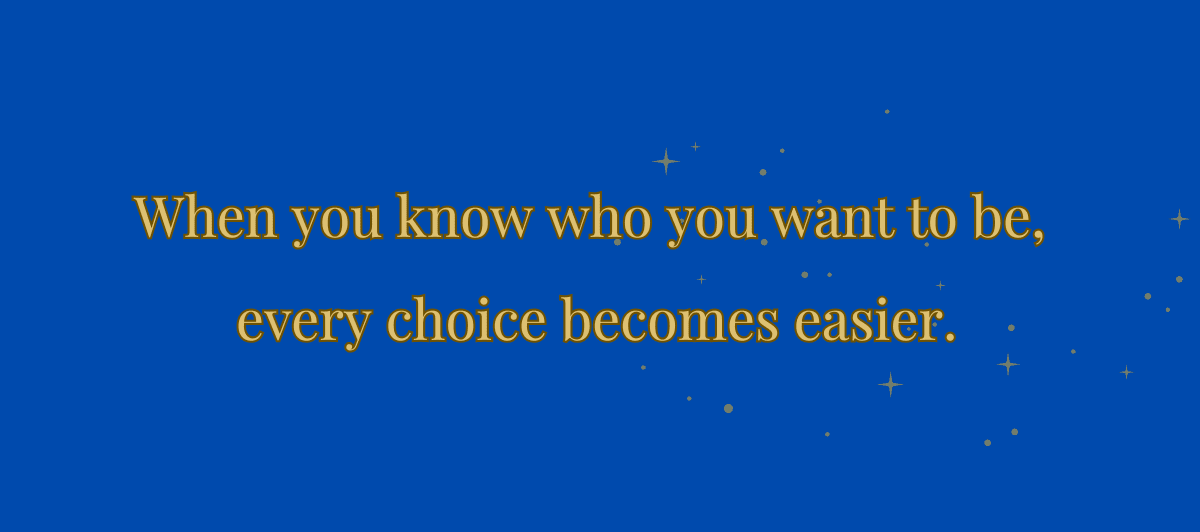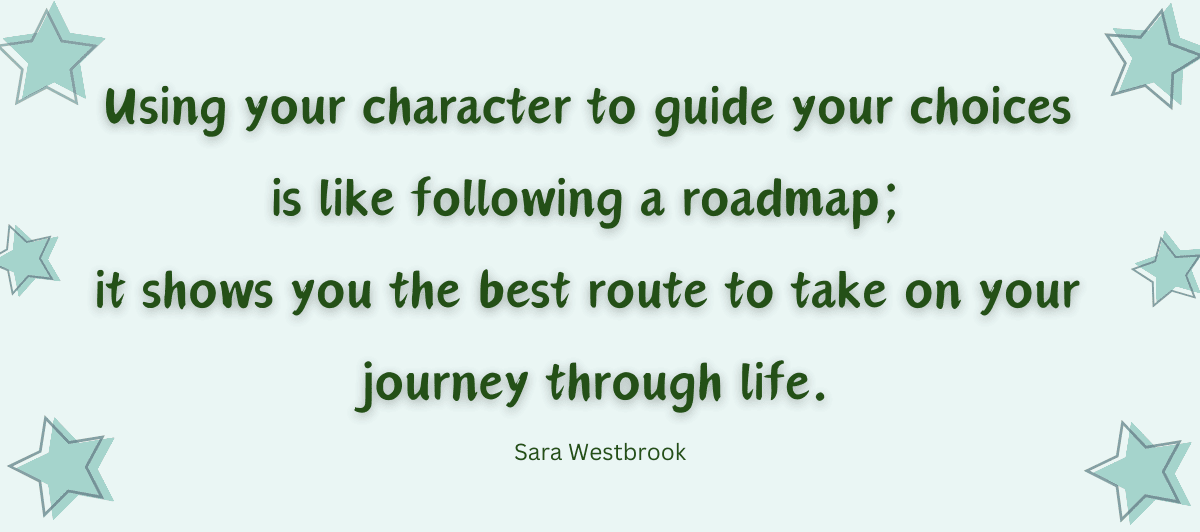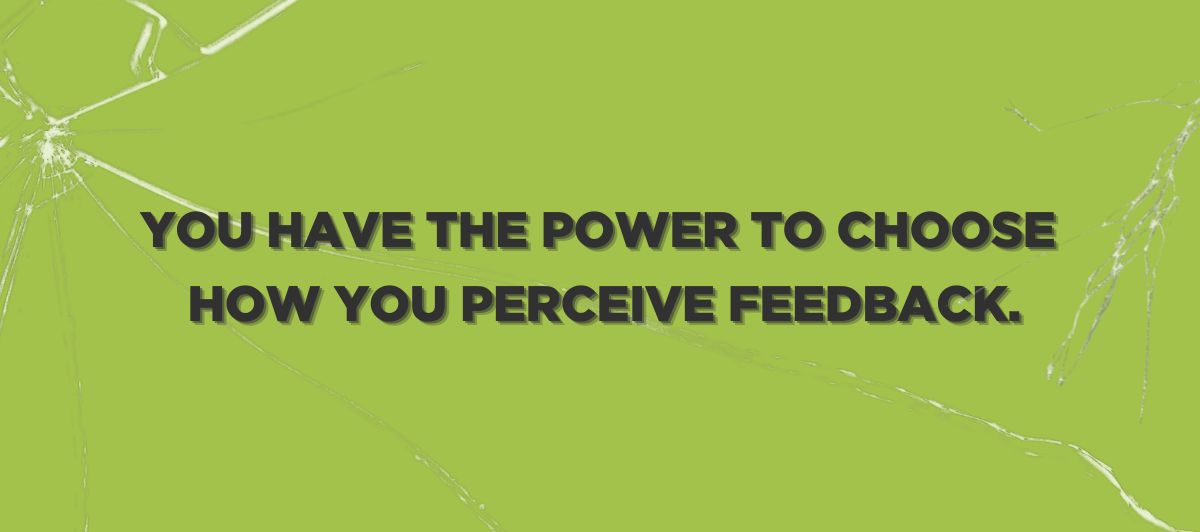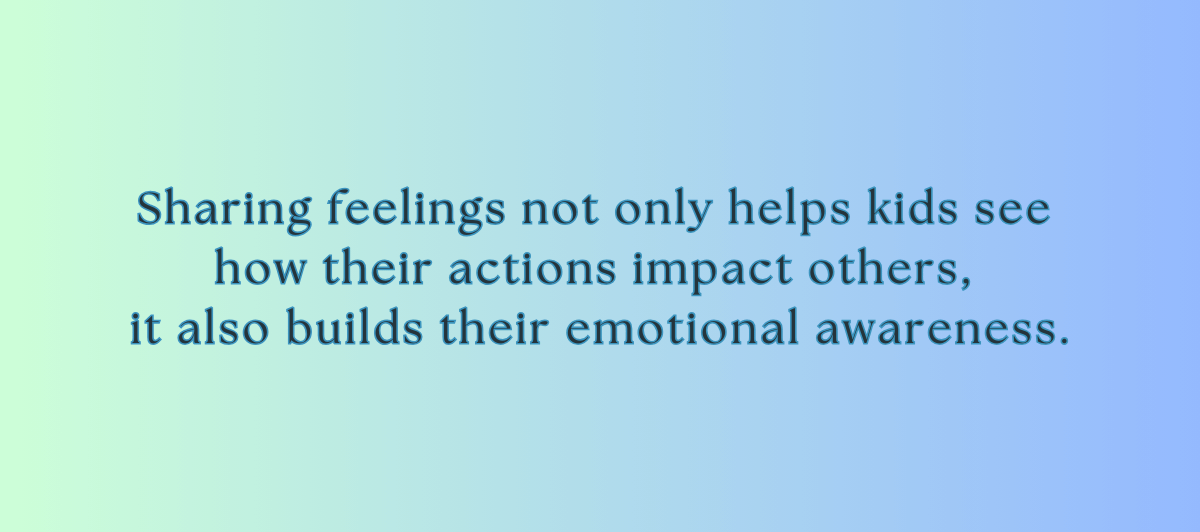
The Truth About Parenting: What Every Parent Needs to Hear
When I speak with parents, I notice a common thread—a strong desire to support their children and help them thrive. They’re not chasing perfection – parenting through imperfections is something every parent experiences. They just want reassurance that they’re on the right path. And when they discover new strategies, they’re eager to learn and grow alongside their kids.
Parenting comes with highs and lows, and some days, it can feel overwhelming, but here’s the truth—you’re doing better than you think.
In the midst of the busyness and uncertainty, here’s what matters:
Trust Yourself: There’s no perfect way to parent, but your love, effort, and presence matter more than any mistake you might make. Trust that you are enough.
Progress Over Perfection: Parenting isn’t about getting everything right; it’s about showing up, learning, and enjoying the journey. Celebrate the small wins—whether it’s a shared laugh, a moment of patience, or overcoming a challenge together. Parenting through imperfections allows room for these moments of connection.
Embrace the Imperfections: Parenting can be messy, and that’s okay. It’s the mistakes and moments of vulnerability that teach your child resilience and understanding. Embrace each challenge as an opportunity to grow and learn from the experience.
This is what I know:
✔️ Kids don’t need perfect parents.
✔️ You are not alone—every parent faces struggles.
✔️ Mistakes are part of learning, for both you and your child.
✔️ Love and consistency matter more than perfection.
You got this!
Until next time…











